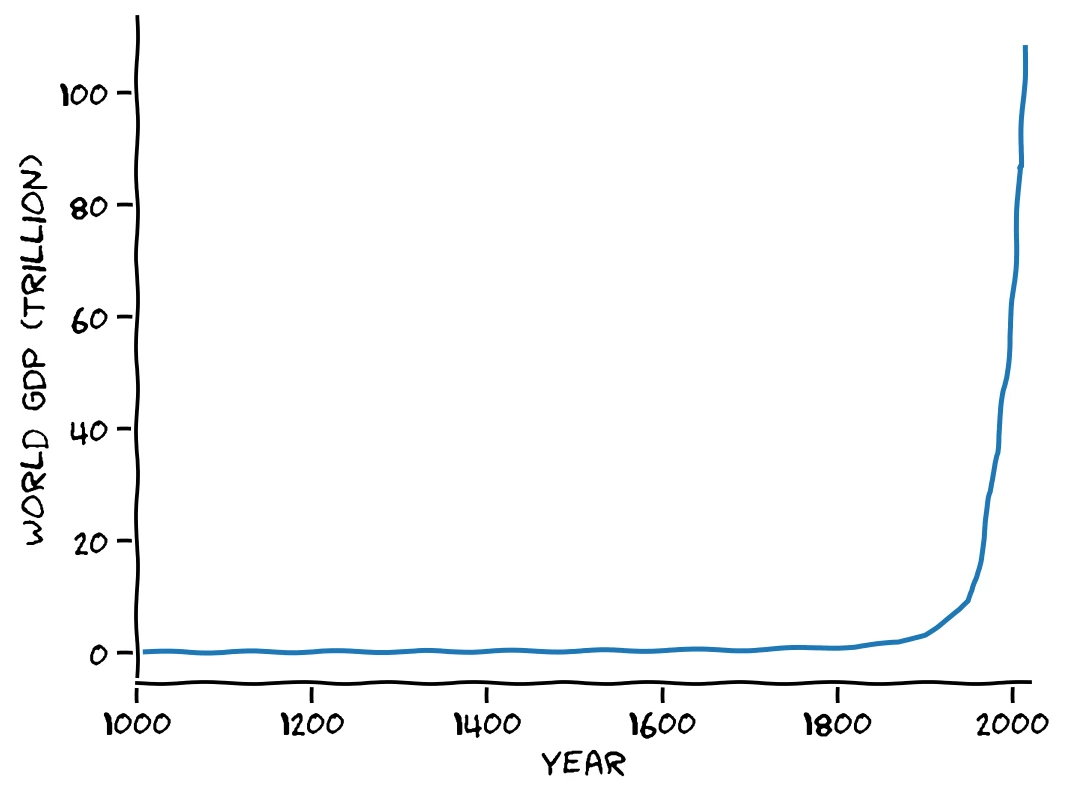We've been working on making MuZero as easy to use as possible, allowing it to be applied to any RL problem of interest. First and foremost, this required us to make some algorithmic extensions.
The original MuZero algorithm achieved good results in discrete action environments with a small action space - classical board games and Atari, with up to a few thousand different actions. However, many interesting problems have action spaces that cannot be easily enumerated, or are not discrete at all - just think of controlling a robot arm with many degrees of freedom, smoothly moving each joint. So far, MuZero …
 (
(